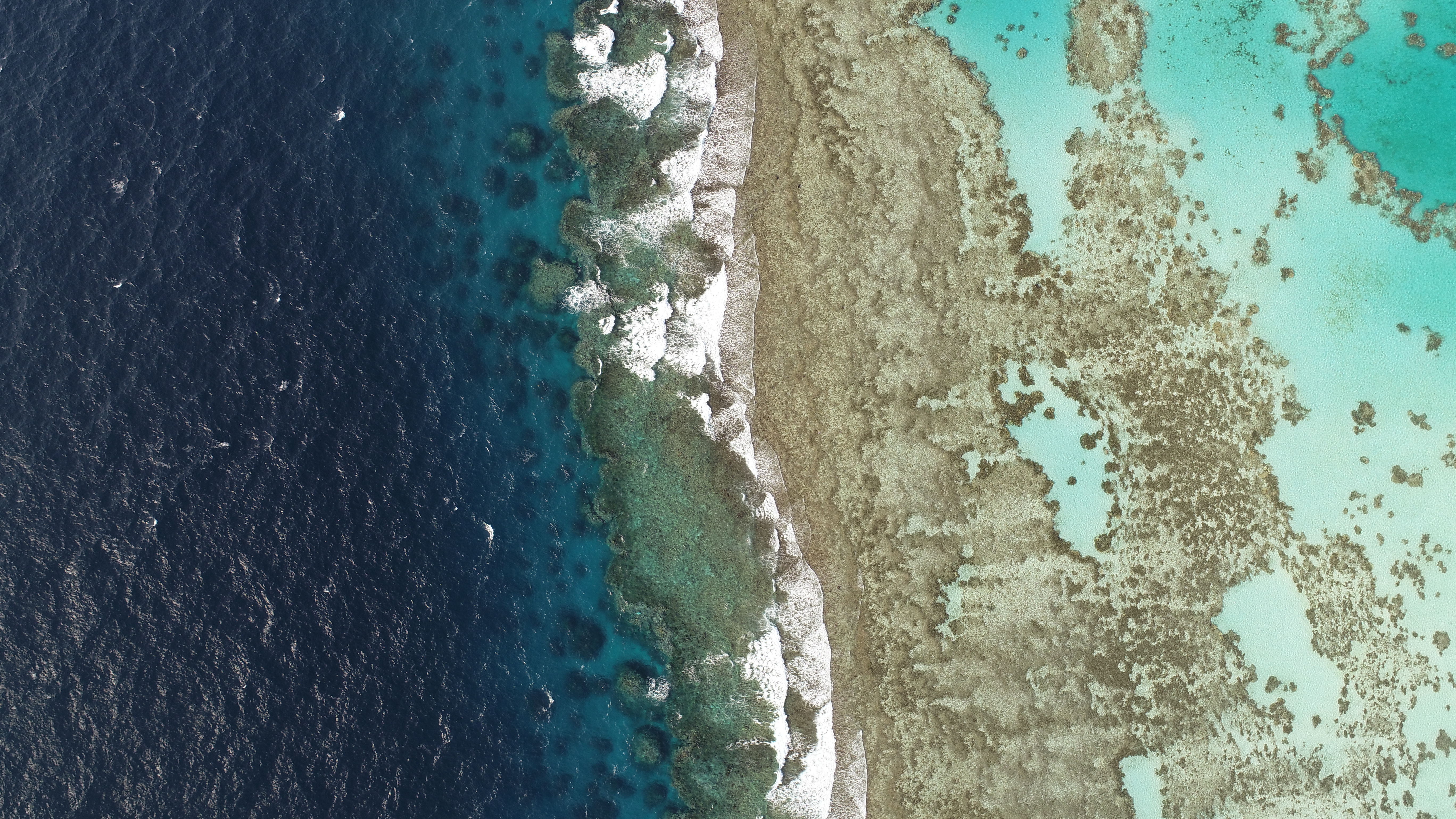Biography
Mahsa completed her PhD in Applied Bioinformatics in Agricultural Science at the University of Western Australia (UWA) in 2018. Inspired by the transferability of bioinformatics skills and excited by its potential across various research fields, she joined the Trace and Environmental DNA (TrEnD) lab at Curtin University as a postdoctoral researcher in November 2018. Alongside her postdoctoral research, from January 2020 to 2024, she also worked part-time as a bioinformatician with eDNA Frontiers, a commercial enterprise specializing in eDNA biomonitoring. Across both roles, her work primarily focused on bioinformatics and computational analyses, including developing analytical pipelines, applying eDNA data for marine and terrestrial biomonitoring, and contributing to the conservation genomics of the Pilbara olive python.
In January 2025, Mahsa joined KAUST as a postdoctoral research fellow under the KAUST Global Fellowship Program. Her research focuses on studying dugong populations in the Red Sea, aiming to generate fundamental insights into the distribution and dynamics of local sub-populations using eDNA metabarcoding and whole-genome analyses. Through this work, she seeks to establish a molecular framework that will support conservation monitoring, inform management practices, and guide policy decisions for Red Sea dugongs.

